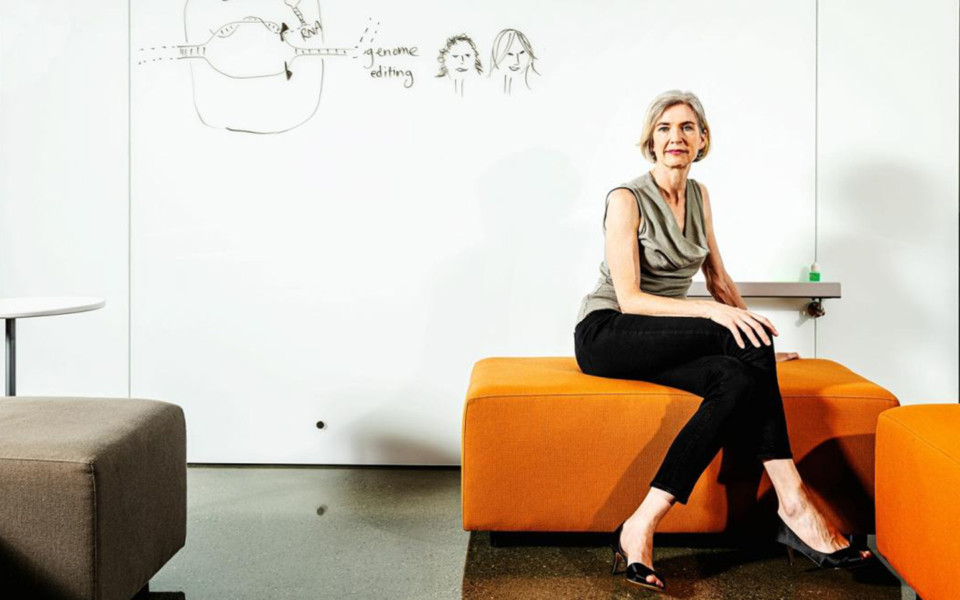Will Nobel winner Jennifer Doudna’s Crispr gene-editing tool lead to designer babies?
When Jennifer Doudna woke up, she realised her phone had been buzzing on and off for some time. It was still dark outside. In fact, her phone told her that, here in California, it was 3am. More pertinently – she might have thought, but didn’t – it was midday in Stockholm.
She answered. In the blurriness of her waking, she says she did not have an inkling why the world was so keen to speak to her at such a strange time on the first Wednesday in October.
“It was a reporter from Nature magazine. ‘Sorry to bother you so early,’ she said. ‘I’d like to ask you your response to the Nobel.’
I thought she was asking me about someone else winning. I said, ‘I don’t know. I’ve just woken up.’”
Unlike almost all other scientific prizes, Nobels are only decided on the morning of the prize. If the committee cannot reach the winners in an hour, they announce regardless.
In Sweden, the Nobel committee had already read out Doudna’s citation. If she had been listening, she would have learnt she had shared the prize with a French scientist and long-time collaborator Emmanuelle Charpentier, “for the development of a method for genome editing”.


